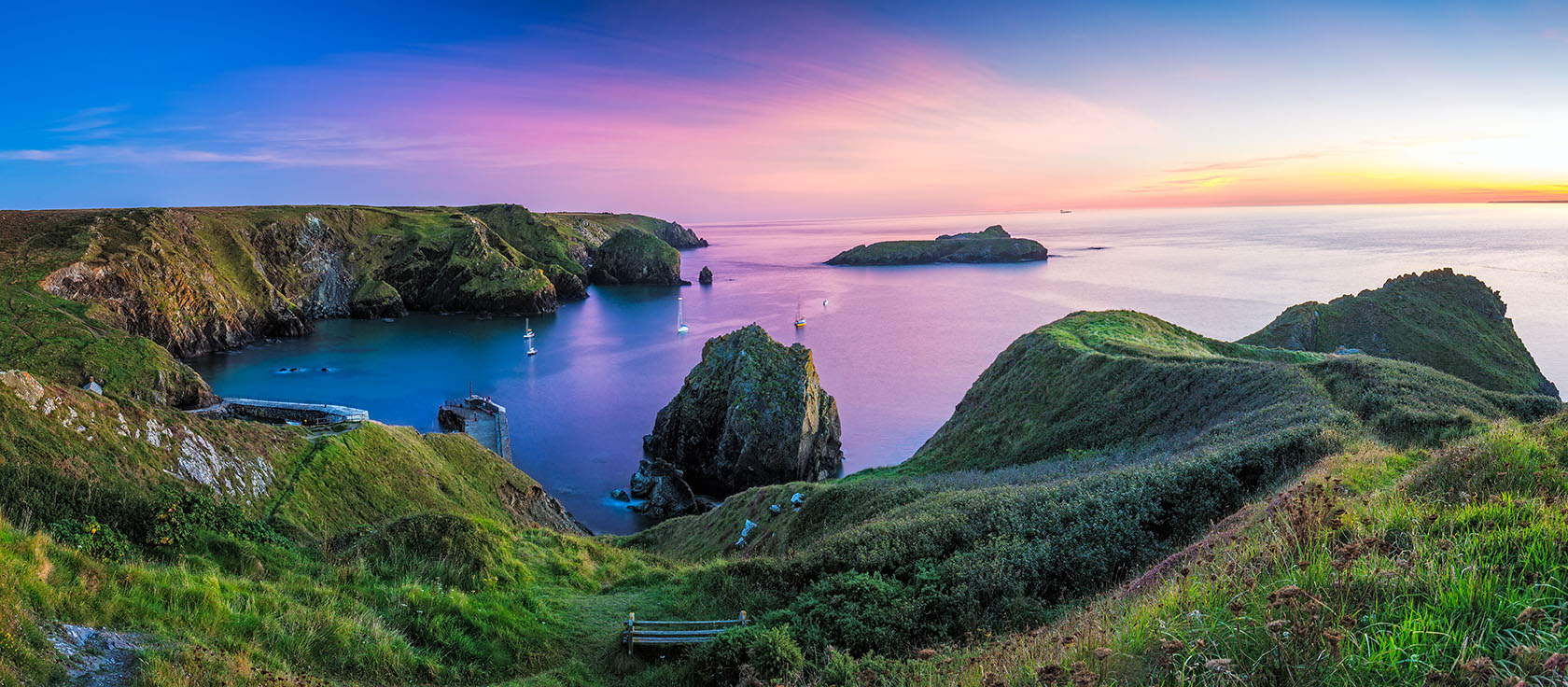
coastal
Definition
Coastal means near the sea or ocean.
Coastal areas are often classified into three main zones: the intertidal zone, the subtidal zone, and the coastal plain. The intertidal zone is the area between the high and low tide marks. The subtidal zone is the area below the low tide mark. The coastal plain is the area that extends from the coast inland to the point where the land begins to rise sharply.
Coastal areas are important for a variety of reasons, including their economic value, their natural beauty, and their ecological importance.
How can the word be used?
The coastal town was hit by a tsunami.

Different forms of the word
Adjective:
Coastal: relating to the coast.
Coastal-dwelling: living on the coast.
Noun:
Coastal region: an area that is near the coast.
Coastal zone: the area that is between the land and the sea.
Etymology
The word "coastal" comes from the Latin word "costa", which means "rib" or "coast". It was first used in English in the 16th century to refer to the land that is next to the sea.
Question
What be found in a coastal region?
AQA Science Exam Question and Answer
Question:
Explain the term "coastal" in the context of geography and ecosystems, and discuss some of the unique features and processes associated with coastal environments.
Answer:
In geography, "coastal" refers to areas near the boundary between land and sea, where land and ocean interact. Coastal environments are dynamic and diverse, characterised by various unique features and processes.
Coastlines often experience erosion and deposition, shaped by the action of waves, tides, and currents. Coastal landforms such as beaches, cliffs, dunes, and estuaries are common features resulting from these processes. Coastal ecosystems are rich in biodiversity, providing habitats for a wide range of plant and animal species. Mangrove forests, seagrass meadows, and coral reefs are essential coastal ecosystems that support numerous marine organisms.
Additionally, coastal areas are vulnerable to natural hazards like storms, hurricanes, and tsunamis, which can cause significant impacts on both the environment and human communities. As sea levels rise due to climate change, coastal regions face the risk of increased flooding and coastal erosion.
Overall, coastal environments are valuable and fragile ecosystems, serving as critical habitats and providing various ecosystem services. However, they also require careful management and protection to sustain their ecological balance and support human livelihoods.